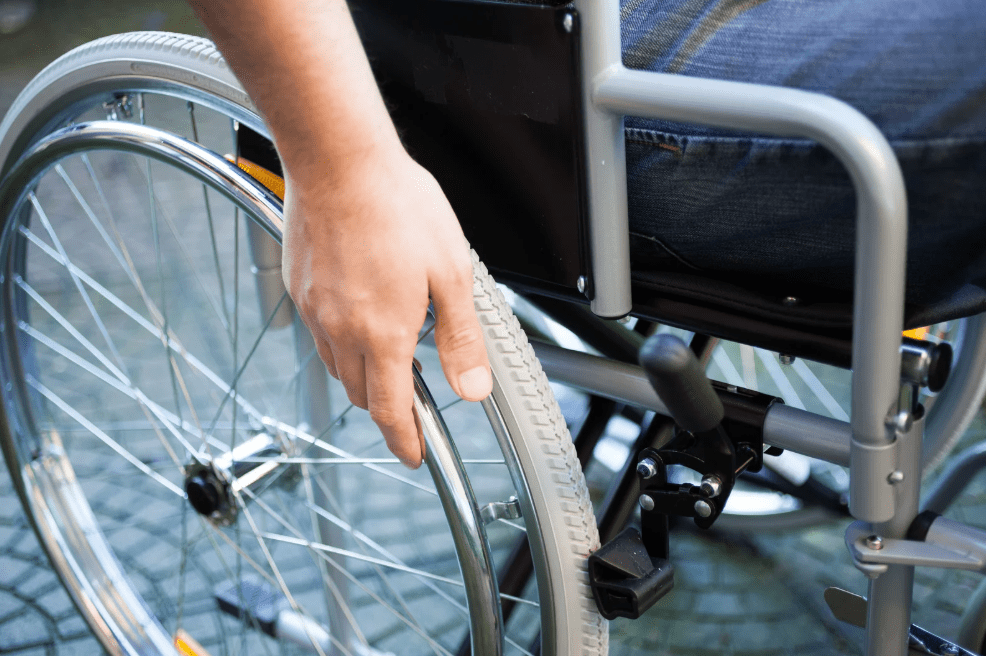
Table Of Contents
Higher Instance of Epilepsy After Traumatic Brain Injury
Many events can deliver a blow or jolt to your head, potentially causing a traumatic brain injury (TBI). In fact, between 2000 and 2017, the Department of Defense reported more than 375,000 diagnosed cases of TBI among members of the U.S. armed forces around the world.
Seizures and TBI: Epilepsy After Traumatic Brain Injury
A significant and increasingly frequent side effect of those TBIs is epilepsy. There is a link associated with traumatic brain injury (TBI) and epilepsy that has been widely recognized in military cohorts since World War I. TBI’s are well established as epilepsy risk factors. Approximately 20% of post–9/11 era veterans have been diagnosed with TBI, and more than 80% of those are mild TBI, which has been characterized as a “signature injury” of post–9/11 conflict. Epilepsy is a central neurological disorder in which the nerve cell activity in your brain is disturbed, causing a seizure during which you experience abnormal behavior, symptoms and sensations, including loss of consciousness. These seizures can be extremely frustrating and dangerous because even the occasional seizure keeps veterans from driving and makes it difficult to hold down jobs. The link between TBIs and seizures prompted Congress to create special epilepsy centers within the VA six years ago. One such center is in Seattle, which treats a portion of the 66,000 epilepsy patients seen by the VA each year. It is estimated that 100,000 veterans are seen each year for seizures. The 34,000 difference accounts for those that are not attributable to epilepsy. The overall number is up from 70,000 in the year 2000.
Studies show that about 50% of those that suffered a severe TBI will develop epilepsy over time. The ratio for people who experience mild or moderate TBIs is lower. Personally, I do not think that any TBI should be taken lightly, even if it is considered “mild.” The VA is unfortunately preparing for 170,000 post-traumatic epilepsy patients to come out of the wars in Iraq and Afghanistan.
Epilepsy can generally be managed with medication, but in more severe cases surgery or procedures to regulate the brain’s electrical impulses are needed. TBIs are serious. Seizures and epilepsy are just as serious. Make sure you report any seizure symptoms such as blacking out or periods of blank stares to your neurologist or primary care provider right away.
VA Disability Benefits for Traumatic Brain Injury
Because the VA recognizes the effects to veterans’ lives — and, potentially, their ability to work full time — disability compensation for TBI is available to those who qualify. If you think you or a loved one may qualify or you had a claim denied, we encourage you to fill out our free veterans disability case evaluation form. Veterans Help Group’s primary mission is to help vets receive all the benefits they deserve. Contact our office today or fill out our contact form.
Read More From Below:
Higher Instance of Epilepsy After Traumatic Brain Injury

How Long Does It Take for My VA Disability Rating to Become Permanent?
How Long Does It Take for My VA Disability Rating to Become Permanent? Securing your VA disability...

Celebrating 250 Years of the U.S. Army
Celebrating 250 Years of the U.S. Army If it feels like the U.S. Army has always been there,...

THE DIFFERENCE BETWEEN 100% FOR UNEMPLOYABILITY AND 100% DISABILITY RATING
THE DIFFERENCE BETWEEN 100% FOR UNEMPLOYABILITY AND 100% DISABILITY RATING In general, neither the...





